On Friday Mitch McConnell made good on a midsummer promise to boost moderate Republican Joe O’Dea in his bid for Senate.
A McConnell-aligned super PAC’s modest contribution and campaign trail help from high-profile Republicans don’t guarantee O’Dea will best Democrat incumbent Michael Bennet. But the Senate majority leader’s involvement in the race signals national Republicans aren’t sleeping on Colorado as a potential pickup opportunity with a candidate who disavows former President Donald Trump and styles himself a Republican Joe Manchin.
The Senate Leadership Fund (SLF) poured $1.25 million on Friday into the American Policy Fund, another super PAC that has backed O’Dea since the primary. The contribution is the first major investment from national Republicans in the Colorado Senate race, despite repeated assurances from Senate GOP leaders that the cavalry would come to O’Dea’s aid this cycle.
“I just want to assure everybody, we’re going to be all-in in Colorado,” McConnell reportedly told attendees at a D.C. fundraiser for O’Dea in July, according to Axios. “I wanted to dispel any notion that you may have that we’re not going to play in Colorado.”
Bennet still leads O’Dea in most polls by a roughly 10-point margin, according to polling averages compiled by FiveThirtyEight and RealClearPolitics, and Colorado hasn’t elected a GOP candidate statewide since former Sen. Cory Gardner in 2014 (aside from this year’s Republican gubernatorial nominee Heidi Ganahl, who was elected to the Colorado University Board of Regents in 2016). But more help for O’Dea is coming.
GOP Sens. Joni Ernst of Iowa and Cynthia Lummis of Wyoming are the latest high-profile Republicans to step up, The Dispatch has learned, and plan to campaign for O’Dea later this month. They join a number of high-profile Republicans who are either stumping, endorsing, or fundraising for O’Dea this cycle, including former President George W. Bush.
The investment somewhat makes up for the giant spending hole in Colorado left by the other major Republican Senate group, the National Republican Senatorial Committee (NRSC), which has suffered from low cash reserves and late stage ad-cuts and has spent just $250,000 in ad buys on O’Dea’s behalf to date. But relatively speaking, the SLF’s involvement in Colorado pales in comparison to the $28 million it has spent in Ohio or $34 million in Pennsylvania.
Democrats interpret McConnell’s eleventh-hour investment as a sign that Republicans are concerned about candidates in more competitive Senate battlegrounds.
“If they get into panic mode, and they’re looking at 48 seats, and there’s just no way to win Georgia, there’s no way to win Pennsylvania, you’ve got to try to start putting other states on the board, right?” said Ian Silverii, a Colorado-based Democratic strategist. “You don’t really have a choice because you’re playing for 51 because you can’t play for 50—because Vice President Harris is the deciding vote.”
The NRSC’s paltry involvement in Colorado is especially notable, considering Chairman Rick Scott said as recently as Wednesday that he considers Colorado one of the likeliest GOP pickup opportunities this cycle. “Number one is Nevada,” Scott told conservative radio host Hugh Hewitt. “Number 2 is Georgia. Number 3 would be somewhere between Arizona, Colorado, and Washington. They’re all winnable, and we’ve got great candidates.” Scott personally donated to O’Dea’s campaign in May ahead of Colorado’s Republican Senate primary.
A spokesperson for the NRSC did not respond to a request for comment.
Even with McConnell’s investment, O’Dea trails Bennet in the fundraising by eight figures: O’Dea has raised $3.5 million and spent $2.7 million as of September 9. Bennet, by contrast, had raised roughly $20 million through the third fundraising quarter, and has racked up millions in outside funding from a number of PACs.
A handful of GOP senators are lending financial support to O’Dea through their leadership PACs, including Tom Cotton of Arkansas, Shelley Moore Capito of West Virginia, Thom Tillis of North Carolina, Bill Cassidy of Louisiana, and former NRSC Chairman Todd Young of Indiana, among others.
National Democrats have been involved in the race for months. In the lead-up to Colorado’s June primary, the Chuck Schumer-aligned Senate Majority PAC—the Democratic counterpart to SLF—spent $4 million in ads bolstering the conservative credentials of O’Dea’s election-denying Republican challenger, Ron Hanks, in the hopes that he’d be easier for Bennet to defeat in the general election. But that wasn’t enough to prevail against O’Dea, who regularly reminds voters he wasn’t endorsed by former President Donald Trump.
There’s still time for McConnell to put more money into Colorado ahead of Election Day, especially if the SLF continues to cancel scheduled ad buys in other competitive states like Arizona, where outside Republican PACs are stepping up to the plate and allowing McConnell to invest in other battleground candidates. Whether he does so depends on a number of factors, including polling, SLF’s cash on hand, and whether other battlegrounds start looking less competitive.
In the meantime, a number of high-profile Republicans are continuing to tout their campaign support for O’Dea, including former U.N. Ambassador Nikki Haley and former Secretary of State Mike Pompeo.
Democrats are watching closely to see which Republicans decide to show face in Colorado ahead of Election Day. “O’Dea has a million dollar super PAC brought together by his contractor buddies. He himself has put $2 million into the race,” Silverii said. “Why wouldn’t presidential aspirants want to make friends with somebody who can write $2 million checks? And, his friends aren’t shy about writing their million dollar checks.”
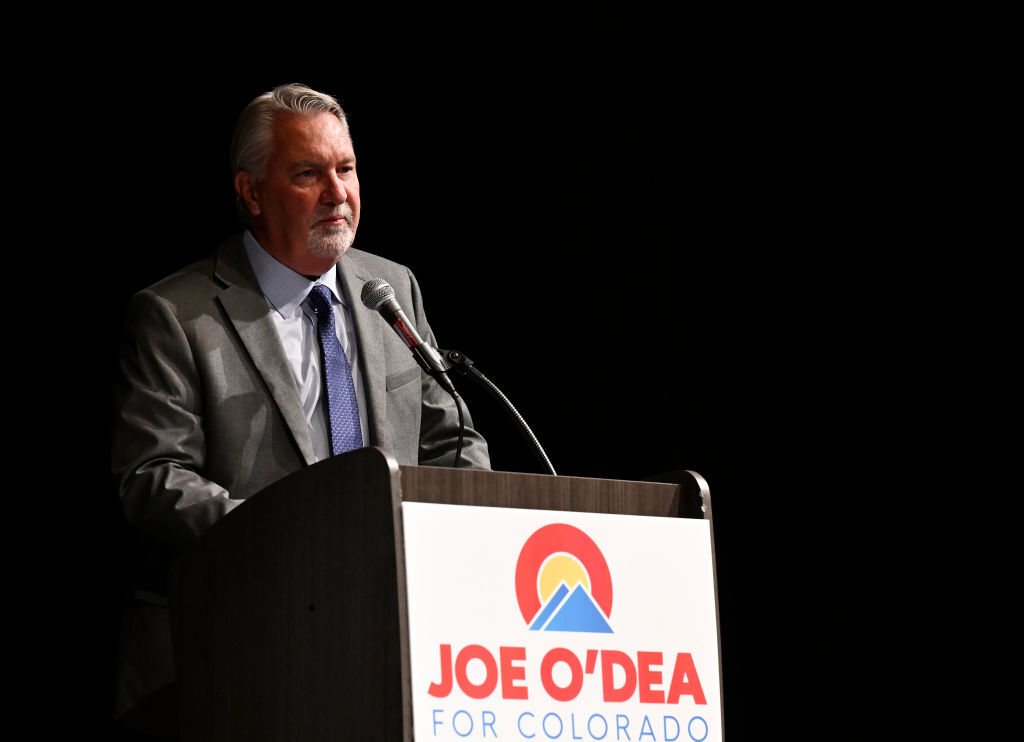

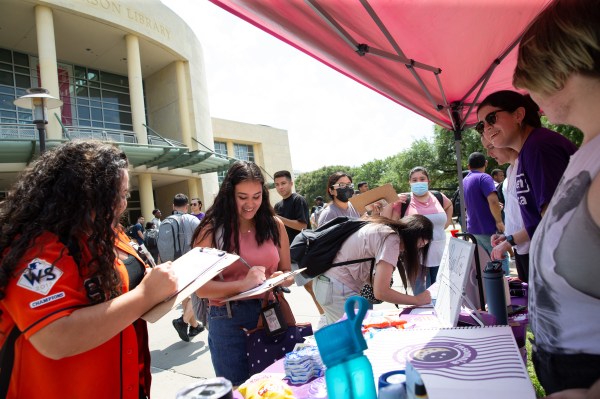
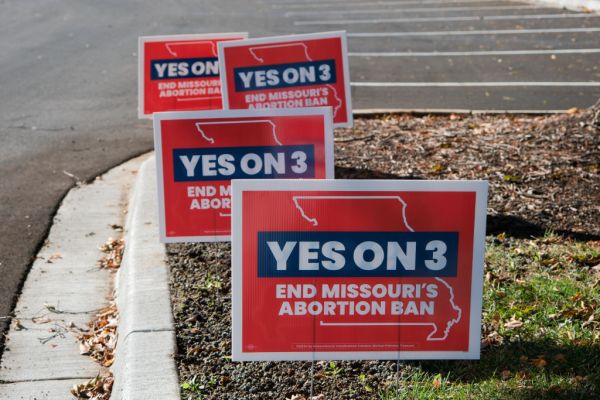

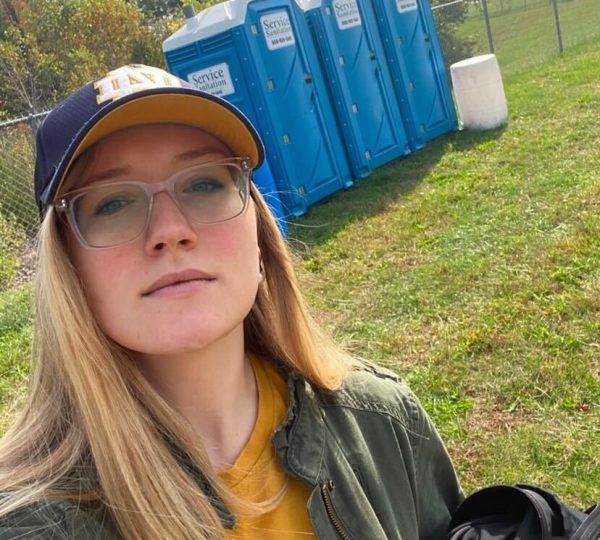

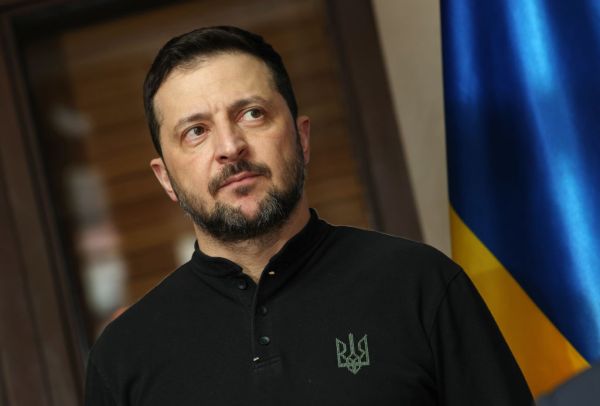


Please note that we at The Dispatch hold ourselves, our work, and our commenters to a higher standard than other places on the internet. We welcome comments that foster genuine debate or discussion—including comments critical of us or our work—but responses that include ad hominem attacks on fellow Dispatch members or are intended to stoke fear and anger may be moderated.
With your membership, you only have the ability to comment on The Morning Dispatch articles. Consider upgrading to join the conversation everywhere.